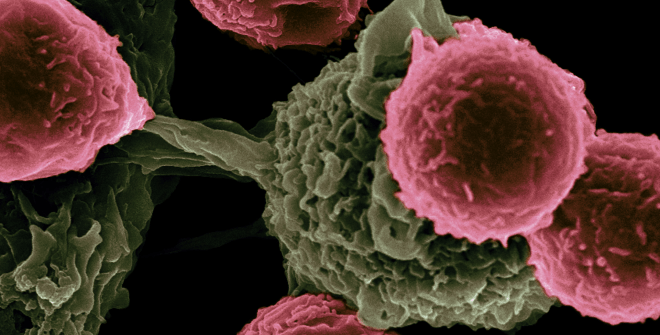Explore the Hidden Cancer Care Crisis: Patient Struggles Unveiled.
Delve into the revelations of delays, anxiety, and administrative burdens revealed in this eye-opening study. The Impact of Prior Authorization on Cancer Care.
Introduction
In the complex cancer treatment landscape, a silent disruptor has emerged – prior authorization.
A recent study, delving into the patient perspective, reveals alarming statistics, showcasing the detrimental effects of prior authorization on cancer care.
This blog explores the findings, implications, and potential solutions, shedding light on a critical aspect often overlooked in the broader conversation about healthcare.
Table of Contents
Understanding the Study
The study, conducted by Bridgette Thom, PhD, and her team at Memorial Sloan Kettering Cancer Center, sought to amplify the patient voice in the prior authorization discourse.
Unlike previous research that primarily focused on provider perceptions, this survey-based cross-sectional study centered on the firsthand experiences of 178 cancer patients.
Key Findings
The findings of the study paint a vivid picture of the challenges patients face due to prior authorization. Shockingly, more than 20% of respondents did not receive clinician-recommended care, a consequence attributed to prior authorization denials or delays.
Delays in care were a prevalent issue, with 69% of respondents experiencing them, and a significant 73% enduring delays lasting 2 weeks or longer.
Administrative Burden and Patient Anxiety
The study highlighted a substantial administrative burden on patients, with the majority characterizing the prior authorization process as “bad” (40%) or “horrible” (32%).
Beyond administrative challenges, patients reported heightened anxiety, reflecting the emotional toll of uncertainties surrounding their care.
Implications of Negative Experiences
The negative rating of the prior authorization experience raises crucial concerns.
Patients not only grapple with delays in care and medications but also invest significant time and effort in navigating the complex landscape of prior authorization.
These challenges compound the existing stress of a cancer diagnosis and treatment, revealing a multifaceted impact on a patient’s physical and psychosocial well-being.
Unveiling the Signal of Danger
The study exposes a signal of danger, especially concerning potential delays in crucial aspects like diagnosis, necessary imaging, and symptom management.
Delays in receiving essential medications for symptom management may force patients into more costly alternatives, such as emergency department visits, exacerbating the financial strain associated with cancer care.

Potential Solutions
Addressing the challenges posed by prior authorization requires a multifaceted approach.
While an ideal scenario envisions the elimination of prior authorization in acute illness situations, the reality demands increased awareness, patient-centered research, and policy efforts.
Transparency and timeliness in prior authorization decisions are critical steps toward mitigating the adverse effects on cancer patients.
Conclusion
This exploration into the impact of prior authorization on cancer care unveils a narrative often overshadowed by broader healthcare discussions.
The need for patient-centric solutions becomes evident as we navigate the complex interplay between insurance processes and patient well-being.
The study serves as a clarion call for increased awareness, policy reforms, and continued research to safeguard the integrity of cancer care amidst the challenges posed by prior authorization.



